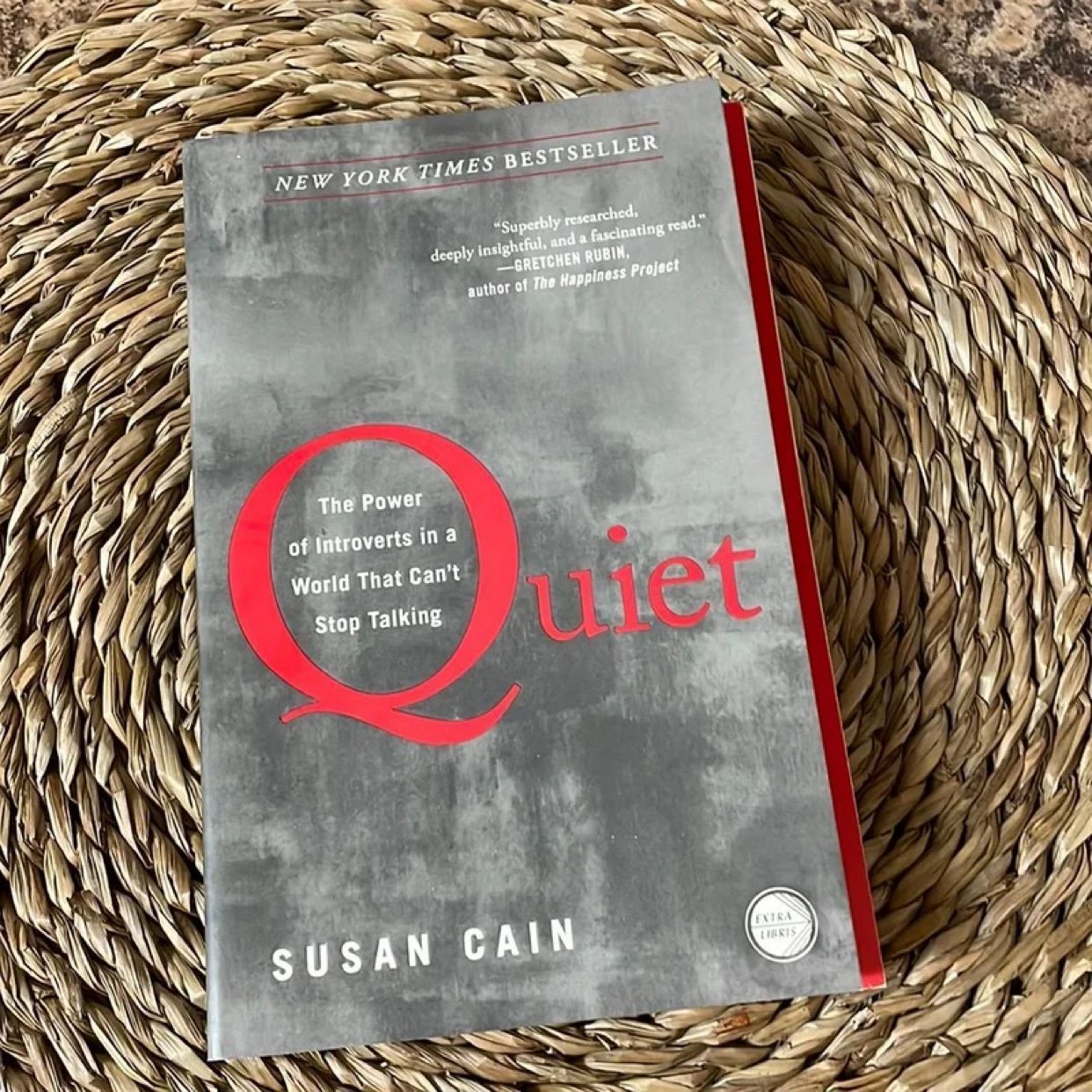How AI Thinks.
An insight into artificial intelligence.
I wanted to be a robotics engineer when I was five years old.
I've always been fascinated by artificial intelligence and eager to learn more about this emerging tool so that I could best contribute to software developments coming out in the markets.
I recently read the book
"How AI Thinks" by Nigel Toon. The book does a great job explaining how we feed data into AI models. How are these models built, how does Chat GPT work?
It was interesting to take as step back and review how we as humans interpret information, so that we can then put this into a process (we use deduction AND Induction) that can then be put into a software model. We separate fact from inferred contextual knowledge, and seems to be that the contextual knowledge is the part these new intelligent models have a harder time with.
I found it fascinating that while the human brain has about 100 trillion synaptic connections, ChatGPT only has around 1.7 trillion. It seems small in comparison (like 1 /100), and it blows my mind because I already find AI innovation to provide such a useful tool. Knowing that it has only a fraction of the connectivity of our brains shows me how much more room there is for technology to grow. It also makes me realize that many of us are probably not tapping into the full capability of our own brains!
It also reminds us that, like humans, artificial intelligence provides probable, not certain, answers. They are not written law, but similar to a meteorology weather forecast, they have strong probabilities in accuracy.
💡
For those who are fearful of AI, I think this analogy is helpful::
Steve Jobs once explained that while the condor uses the least energy to move a kilometer, a human on a bicycle is twice as efficient. His point was that humans are toolmakers who can
create technology that amplifies their abilities. He said that computers, for him, were the "bicycle for our minds." If we think of AI as a tool to enhance and amplify human intelligence, it may ease some of the fears about the unknown.
The scariest thing right now (to me) is the lack of parameters, global parameters - for what can/not be built. We desperately need to not only share an understanding of AI, but find a way to better regulate AI.
My biggest fear is the plausible weaponization of autonomous systems without proper legislation and global parameters. Surely they're on their way, I am confident legislation will exist; I just hope it's in time before some menace to society, builds a destruction machine.
Another
fear is that AI will somehow become sentient and conscious, but I think it's important to remember that
humans create and program the software. It's not the machine that thinks—it's the
humans who tells it what to do. AI uses data the way we program it to; the idea that we'll wake up to sentient machines just isn't something we’ll see.
I really liked the book's definition of intelligence:
"the ability to gather and use information to adapt and survive."
The author argues this may be our overarching biological purpose. It's fascinating to see how this idea translates mechanically and artificially.
It's crazy to think that the World Wide Web only came about in 1993. I was a young child then, and it’s incredible how quickly technology has advanced. Amazon sold its first book in 1995, and now ChatGPT launched in 2023.
One of the more interesting insights from the book is about the future. While Silicon Valley and semiconductors have driven technological advancement for decades, the author suggests that silicon computers won't be able to scale the way they have over the past 60 years. Quantum mechanics (although not a topic I know much about) will likely lead to quantum machines working alongside silicon computers, giving us unprecedented speed and computation power.
There are also health companies working on molecular computers that mimic biological systems. I have no doubt AI will transform healthcare and diagnosis. Maybe we'll finally see a cure for cancer....
Education will also be transformed. Bill Gates recently said that AI in education will "know your interests and learning style, tailoring content to keep you engaged." I love the idea of teachers focusing on coaching and creativity, rather than the mundane administrative tasks that currently dominate their time.
Of course, AI presents many challenges, and we need far more protections in place. Right now, we’re seeing an influx of deepfakes and AI tools designed to manipulate human emotions. With elections approaching, I’m surprised we haven’t seen more of this, but we all know about phone scams or manipulated faces created through generative AI. This will only become more common, but it’s not the tool we need to fear—we control it.
We must embrace AI while also finding ways to legislate it to keep us safe. Just like doctors follow the Hippocratic oath, maybe AI developers need a similar code of ethics to keep the technology responsible.
I love talking about this topic and understanding how others feel about it.
What do you think of AI?
What excites you, and what concerns do you have?
Looking forward to continuing the conversation,
April Wegman


